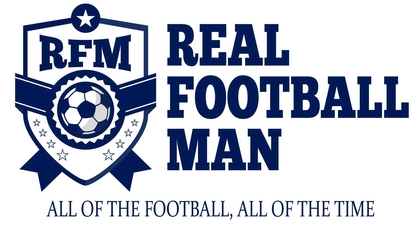Today, most historians have the view that the expansion of football around the globe is because of the intrinsic qualities that this game has. This observation may seem to be supporting football, but a similar thing is argued by supporters of all other types of the sports games.
It is also argued today that football became a popular game for the entire planet when the English Football Association brought a sense of professionalism to the sport in 1885. This was (and still is) thought to be the basis of it overtaking rugby in popularity and its development as a mass spectator game in South America, Europe, and the rest of the world.
Professionalism in Football
It was in the late 1870s that the profile of football started to grow. The F.A. cup, which started in 1871, is said to be responsible for it. When, in the 1870s, the games were conducted, they evolved as commercial entertainment businesses and rumors were generated that working-class players were being paid to play.
Then, in 1884, Preston North End played at Upton Park, and the match was a draw. However, there were protests that Preston had used professional players, and to that, the Preston management replied that they had done nothing wrong.
Preston were supported by 40 other clubs and threatened to break away from the British Football Association. In January of 1885, affected by the disastrous situation, the F.A. voted for legalising professionalism. It was not appreciated at the time, but this decision definitely transformed the game.
Sporting Modernity
With this legalisation of professionalism, the balance of power was tilted in favour of those clubs that had working-class professionals and were commercially organised. The road to league competitions was widely accepted.
In 1888, the formation of the Football League took place which comprised of midlands and top northern professional sides. In the next 50 years, the league competition grew to eventually contain almost every football club in Britain.
Football moved towards accepting the system of objective and formal regulation and professionalism brought precise measurement, continuous competition, and deposition of personal relationship. This was the demand of the commercial market. The set of rules for the governance of football developed. The game was controlled by a set of rules independent of any influence like networks and social status.
In 1904, FIFA was formed independently in Paris, and it didn’t require the English governing bodies to be a part of it. The British officials could do nothing to stop the formation of FIFA. Moreover, the British game was already gaining huge success meaning that British leaders didn’t want to spread it to other parts of Europe, and therefore didn’t want to be a part of FIFA. It cleared the way for football to become a part of non-English-speaking cultures.
Football as a symbol of global modernity
The players in the late 19th and early 20th century were mostly middle class managerial and technical workers. There were many engineers, technicians, teachers, journalists, and salesmen who were blocked from advancement in their career due to many reasons, so they opted to try to make their way as a part of the football movement in countries like Germany. In this way, the open structure of football offered a career that was based purely on talent.
In the 1920s, it had become a commercial mass audience sport. There were many parts of the world that, until 1963, did not accept professionalism officially and never developed elaborate discipline and punishment systems.
The rise of football as the world’s favourite sport was not an unhindered arc of progress. It was because professionalism was accepted in 1885. The sport received a modern outlook which freed it from the overpowering of the British league and opened it up to games being broadcast all over the world, exciting sports betting opportunities and popular social events around matches.
 Real Football Man All of the Football, All of the time
Real Football Man All of the Football, All of the time









